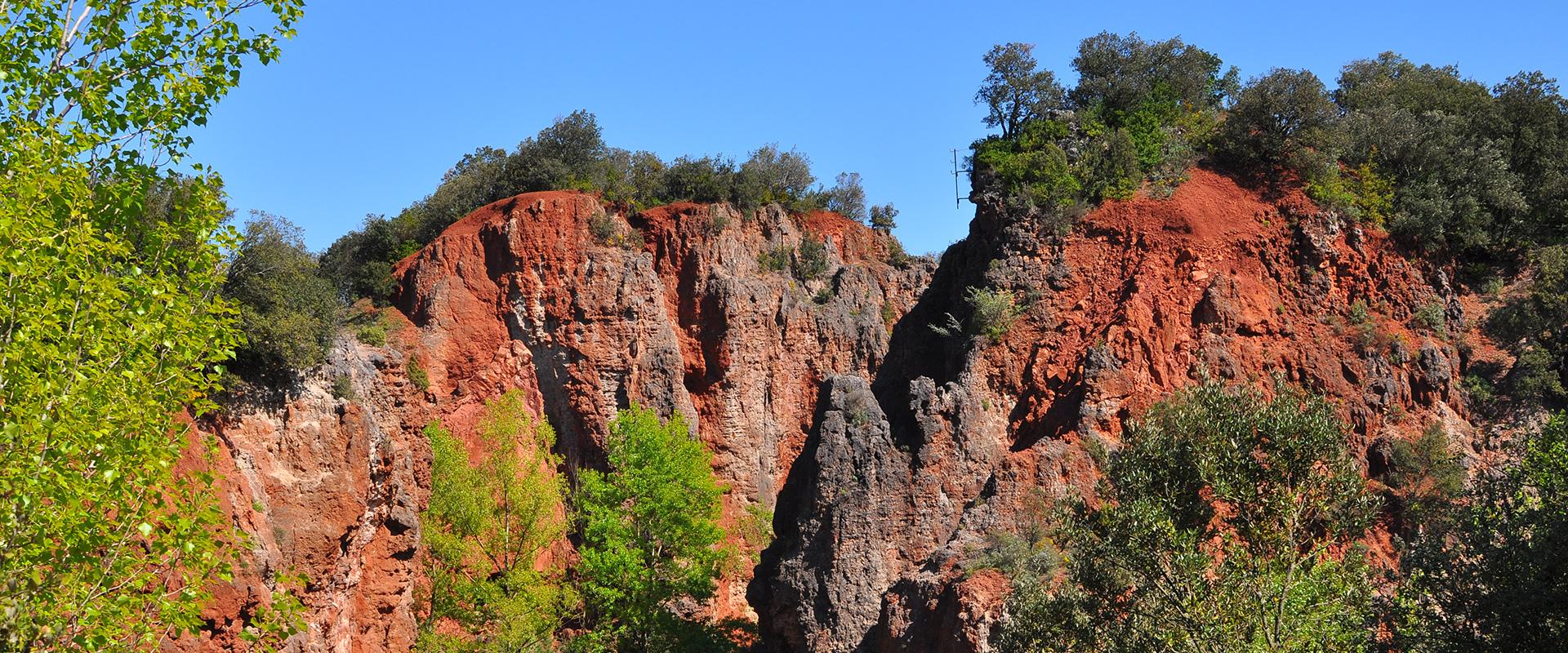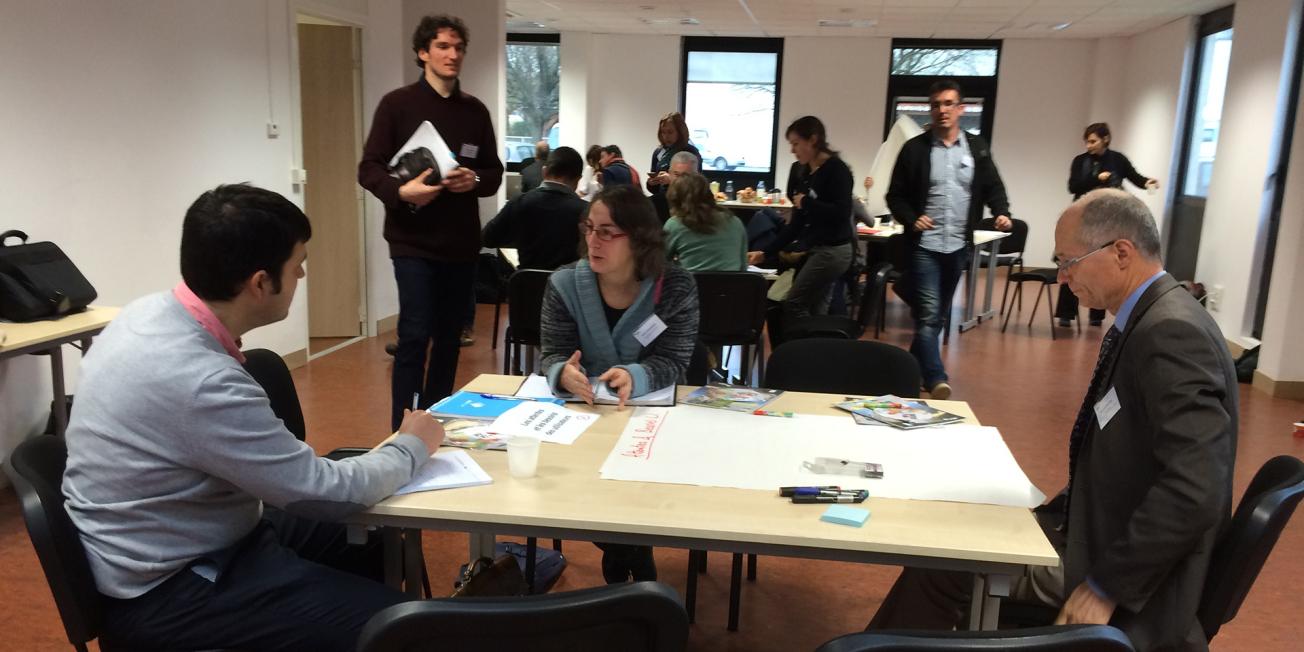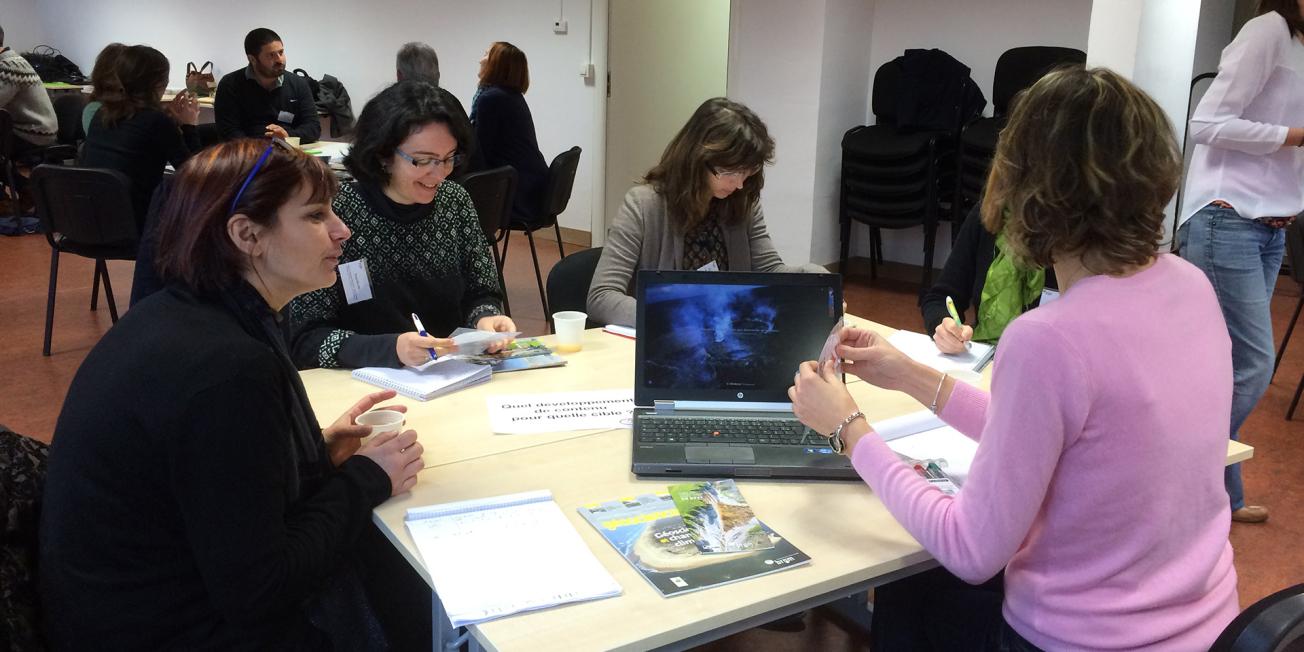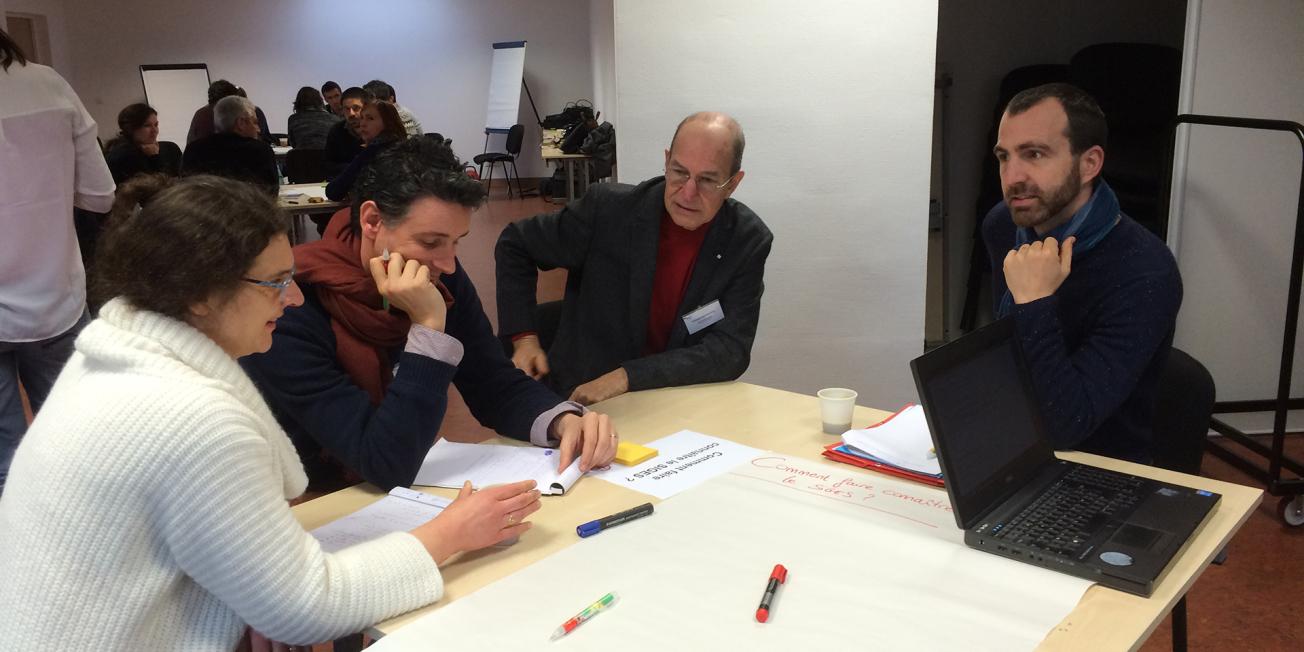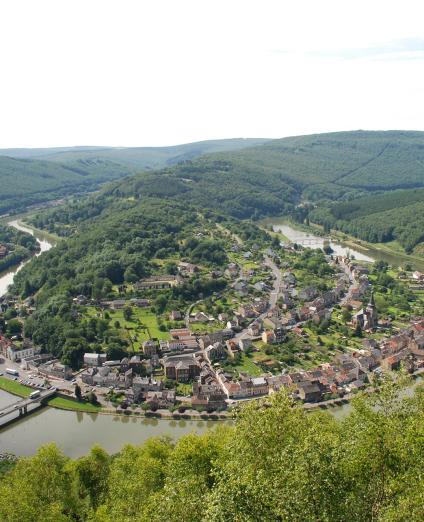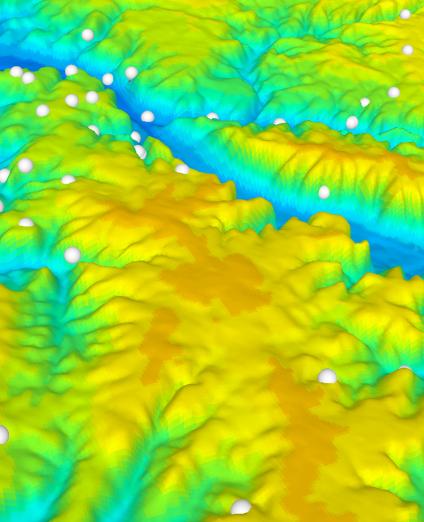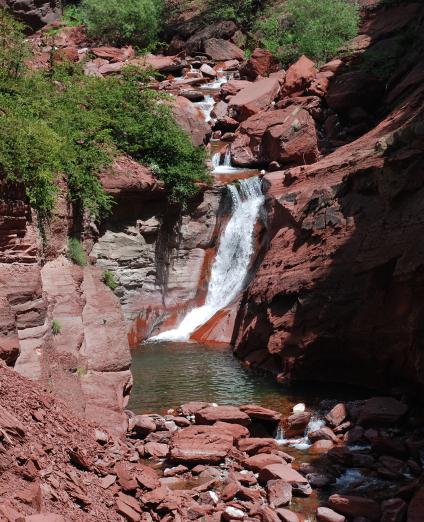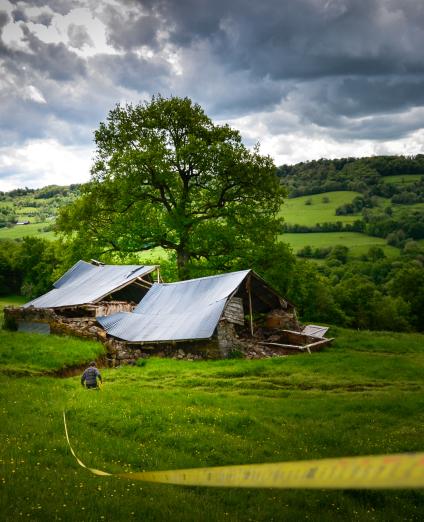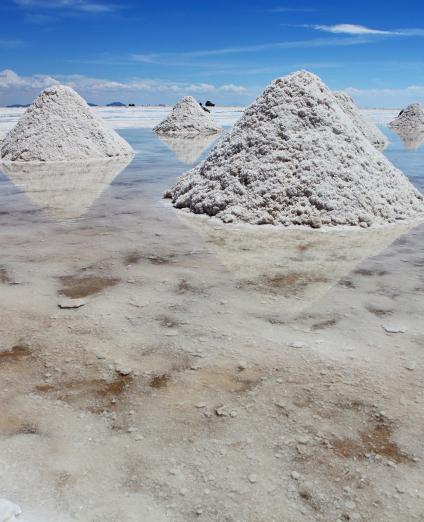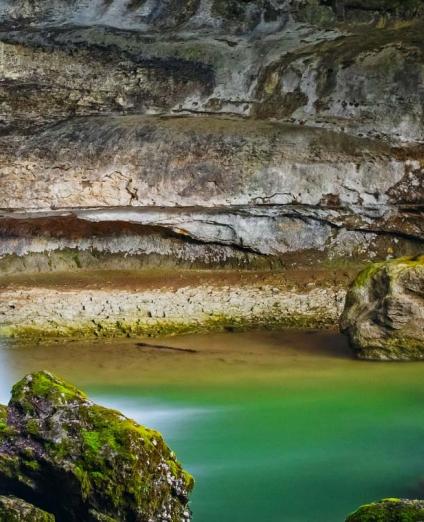As a public institution for research and expert studies, BRGM contributes to the dialogue between science and society in its different fields.
Establishing a dialogue with civil society representatives in the French regions
BRGM's regional representatives organise meetings with representatives of civil society groups to discuss regional environmental questions relating to BRGM's areas of expertise and on which papers and articles have been published.
These meetings provide opportunities for open and constructive discussions. They stimulate exchanges of knowledge - or of knowledge "gaps” - questions from all parties and the expression of their expectations, while observing the ethical principles that guarantee transparency and trust and preserve the independent judgement of all concerned.
Meeting “Opening BRGM to society” of 9 February 2016 in Ramonville-Saint-Agne.
Summary of the meeting held at Ramonville-Saint-Agne on 9 February 2016
Topic on the agenda
Setting up "editorial" and "user" committees for the Information System for Groundwater Management in the Midi-Pyrenees region.
Date and venue
Tuesday, 9 February 2016 in Ramonville-Saint-Agne.
Agenda
- Presentation of the Information System for Groundwater Management (SIGES) for the Midi-Pyrenees
- Round table on participants’ expectations
- Thematic workshops
Participants
19 participants, respectively from the following organisations:
- Regional Union of Permanent Centres for Environmental Initiatives (URCPIE) for Occitanie;
- Permanent Centre for Environmental Initiatives (CPIE) for Bigorre-Pyrénées (65);
- Permanent Centre for Environmental Initiatives (CPIE) for the Pays Tarnais (81);
- Permanent Centre for Environmental Initiatives (CPIE) for Quercy-Garonne (82);
- Languedoc-Roussillon-Midi-Pyrénées Regional Council;
- Département Council Hautes-Pyrénées (65);
- Département Council Haute-Garonne (31);
- Département Council Ariège (09);
- Département Council Tarn-et-Garonne (82);
- Département Council Tarn (81);
- University of Toulouse III Paul Sabatier;
- Head office of the Toulouse academic region;
- ARPE Midi-Pyrénées (Regional Agency for Sustainable Development);
- Midi-Pyrénées Regional Chamber of Agriculture;
- Languedoc-Roussillon-Midi-Pyrénées Regional Council;
- Causses de Quercy Regional Nature Park (PNR);
- Adour-Garonne Water Agency;
- Geological Association of South-West France;
- Midi-Pyrénées Regional Speleology Committee.
Participants' expectations and questions, discussions
Participants' expectations focused on four issues:
- access by target audience,
- popularization,
- uses of SIGES,
- new needs identified by users.
How should the website sections be reorganised?
- simplification of the architecture,
- general remarks,
- access by the public,
- possible enhancements,
- and possible supplements.
Which content should be further developed and for who?
- Need to define what is meant by the general public: people new to geoscience (excluding schoolchildren),
- Numerous ideas and themes were put forward for developing accessible, educational and readable content,
- enhancement of the cartographic and "data consultation" section
- dissemination of existing data through partner sites,
- sharing of data and studies.
How to make SIGES better known?
- question raised by many potentially interested parties who are not aware of the existence of the site,
- pay attention to the right combination of communication channels according to target audiences,
- mobilizing partners and stakeholder networks: for school pupils, work jointly with the academic authorities, for the general public, improve referencing/presence on social networks; for professionals, etc., publication of a brochure or newsletter
Prospects
- This initial meeting of the Editorial Committee is a preamble to setting up a more strategically structured organisation around the SIGES Midi-Pyrénées,
- Validation of the proposal to take part in setting up two committees: an editorial committee (limited to about ten organisations including financial backers) and a users’ committee (open to as many as possible).

